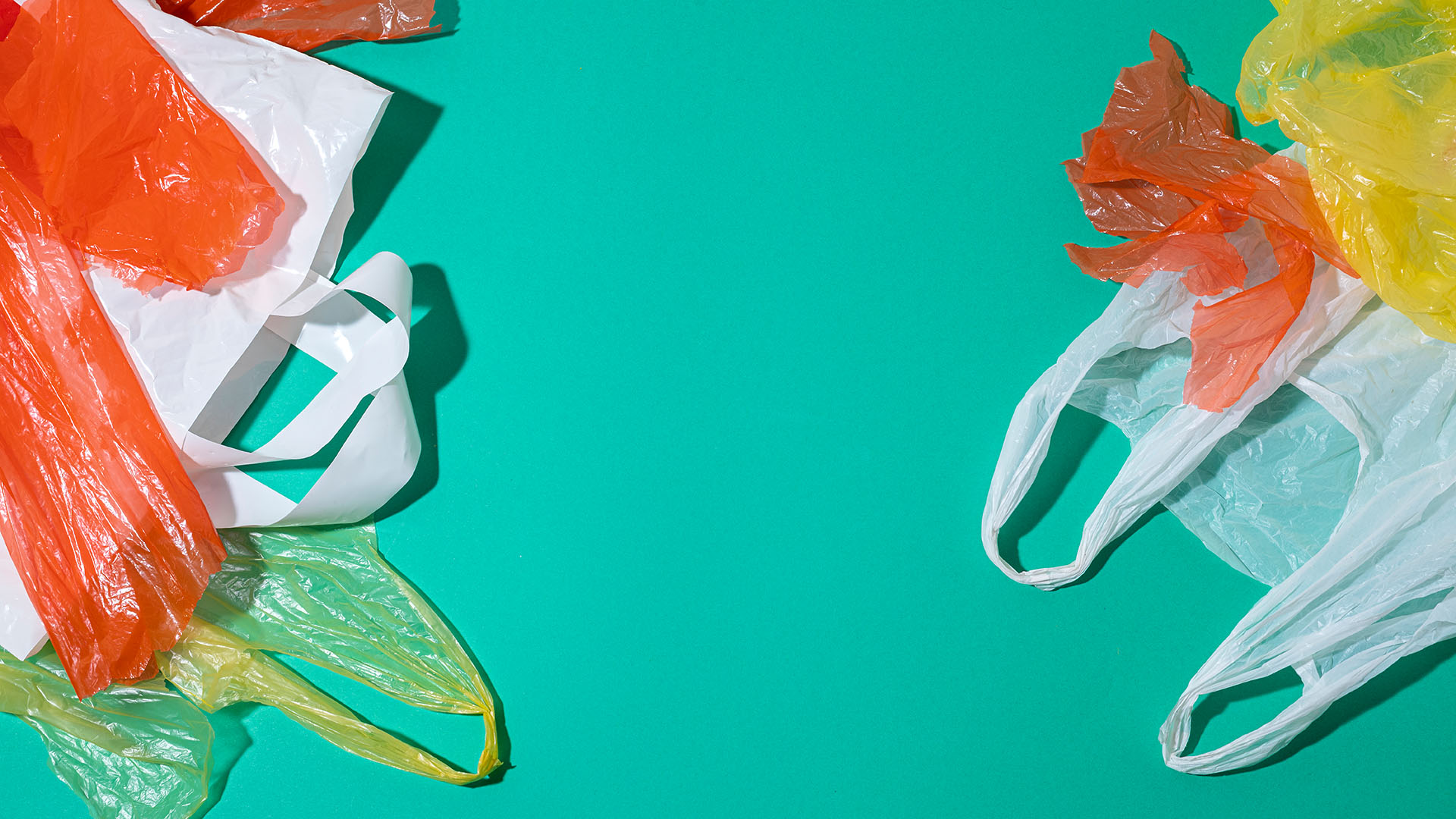
The Brief
Wales introduced the Single Use Carrier Bag (SUCB) charge in 2010 to reduce the well-documented negative environmental impact of the use and disposal of plastics. The aim of the charge was to significantly reduce the consumption of SUCBs and the associated environmental impacts of their production, use, and disposal. While early evidence suggested that this was successful, the government wanted to understand the effects of the charge on retailers and consumers.
A Post-implementation Review (PIR), published in 2016, assessed the impact of the charge and indicated a reduction in the supply of SUCBs in Wales between 2011 to 2014. There was some evidence that while the number of SUCBs had been hugely reduced, the number of Bags for Life (BfL) had, at the same time, significantly increased. The concern from the Welsh Government and wider stakeholders is that these heavier gauge plastic bags are being treated as ‘throw away’ and disposed of prematurely. As they are made of heavier plastic, the BfLs take even longer to break down than SUCB, and the environment impacts of them may cancel the positive steps taken by the reduction in SUCB.
Winning Moves was commissioned to conduct research to provide the Welsh Government with an update on bag usage in Wales, and an understanding of current retailer and consumer attitudes and behaviours in response to the SUCB charge.
The Solution
To deliver insight into the use of both SUCBs and BfL Winning Moves conducted research to provide an understanding of current retailer and consumer attitudes and behaviours in response to the SUCB charge. We took a mixed methods approach, using both qualitative and quantitative research methods to gain a broad overview, with in-depth understanding. Quantitative research was carried out with retailers to determine how many bags have been issued since the PIR was completed in 2015-16 and to understand current retailer attitudes and behaviour related to carrier bags. Fieldwork was conducted in 2019 to allow figures to be provided for the calendar year 2018, as well as for the financial years from 2015 to 2018. Steps were taken, during data collection and analysis, to allow the new data to be compared with data gathered in the pre-existing PIR, where possible. Qualitative research was conducted with consumers to understand citizen attitudes and behaviour regarding carrier bags. An online discussion board was used to gather information on individuals’ approach to their use of shopping bags – from types of bags they have through to how and why they use them, and how they dispose of them.
The Outcome
The evidence suggested the SUCB charge should be continued. There is widespread support for it from both retailers and consumers, and it appears to have been effective in raising awareness of the environmental impact of SUCBs. The SUCB charge has led to a significant and sustained reduction in the number of SUCBs issued in Wales. The study found the number of SUCBs issued by retailers in Wales decreased by 21% between 2015-16 and 2017-18. Winning Moves estimate that 94.1 million SUCBs were issued, compared with 119.4 million in 2015-16. The decline was mostly the result of large supermarkets ceasing to issue plastic SUCBs. While most of the SMEs were positive about the charge and around one in eight (15.4%) of SMEs reported they were considering phasing SUCBs out, the overall number of plastic SUCBs issued by SMEs increased from 9.9 million in 2015-16 to 10.2 million in 2017-18. Unfortunately, the number of plastic Bags for Life issued over the same period was found to be increasing at a concerning rate. Robust comparisons were impossible due to a paucity of data, but it was clear from the available evidence that the number of plastic BfL issued per annum was at least 40% higher in 2017-18 than in 2015, with an estimated 65.2 million plastic BfL being issued by the largest ten supermarkets in Wales in 2017-18.
Encouragingly, the qualitative research found that consumers are now in a routine of using reusable bags for their grocery shop, from both large supermarkets and smaller top-up shops. However, it was also found that consumers are less likely to bring their own bag when doing other types of shopping, such as shopping for clothes. Retailer attitudes towards the SUCB charge remain positive, with more than two thirds (68%) agreeing it should continue and relatively few disagreeing (7%). Similarly, most consumers who participated in the qualitative research were positive about the SUCB charge. Where consumers had concerns about the SUCB charge, this tended to be about whether the charge was high enough to disincentivise the purchase of new bags. The evidence suggests that a majority of consumers and retailers would support increases to the SUCB charge and felt that charges for BfL should go to charity.
We recommended that the SUCB charge should be continued, but that the Welsh Government should consider strategies to reduce the number of plastic BfL issued and increase consumer re-use of such bags. Winning Moves produced a comprehensive report on this research which can be found here. The report also outlines the implications of the findings for the Welsh Government.
